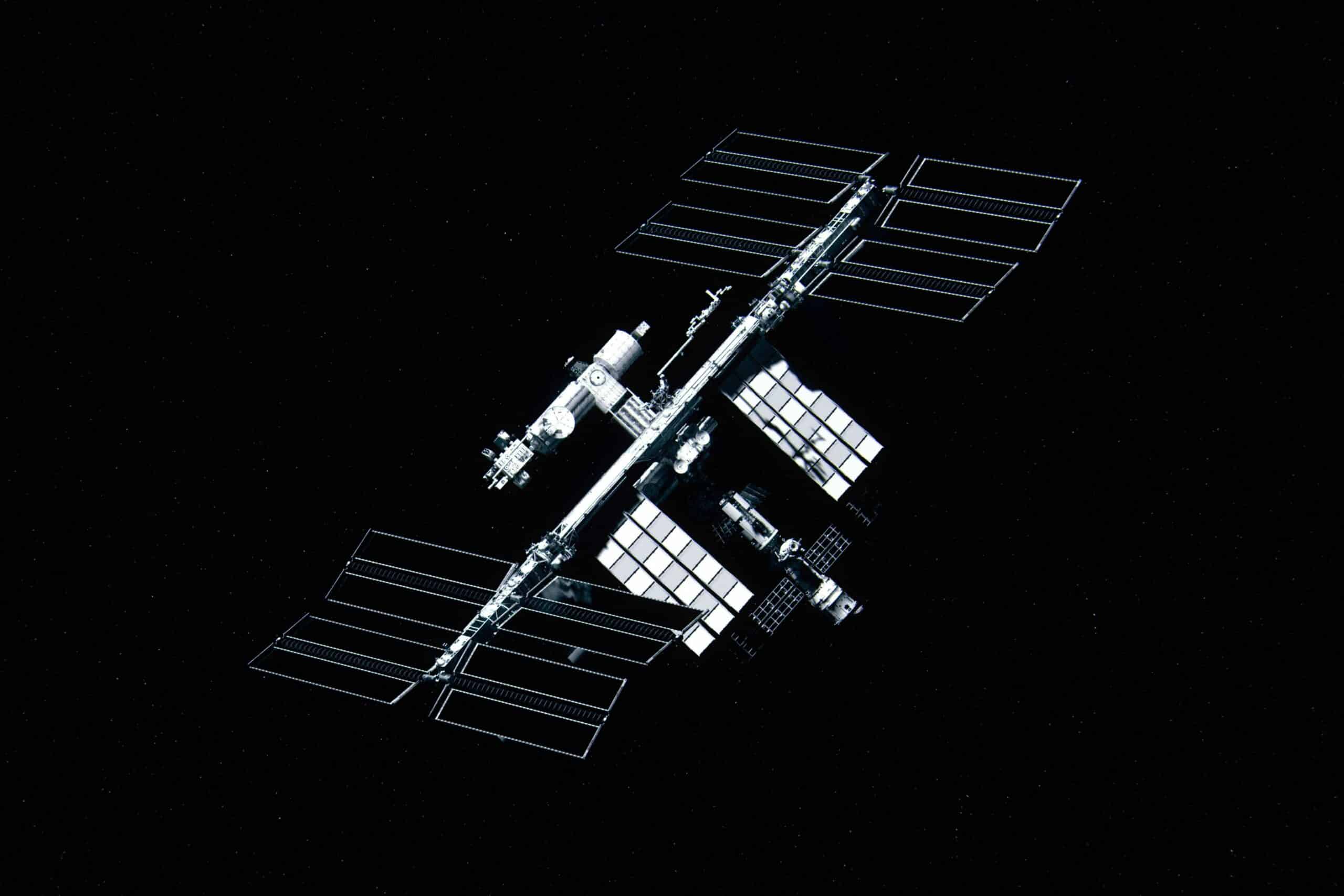Key Takeaways
- NASA astronaut Nichole Ayers and JAXA commander Takuya Onishi harvested plants for the APEX-12 plant genetics study.
- Crew members performed follow-up cleanup and maintenance after the recent spacewalk.
- Anne McClain supported pharmaceutical manufacturing research and photographed tomato crops in microgravity.
- Cosmonauts prepared cargo for Progress 90 and set up Earth observation hardware.
- Public outreach included a live Ham Radio session with students in Italy.
NASA Science on the ISS: Space Botany and Technology Research
NASA Astronauts Focus on APEX-12 and Plant Genetics
The week began with NASA astronaut Nichole Ayers and JAXA commander Takuya Onishi inspecting petri plates in the Veggie facility as part of APEX-12, which studies the impact of space radiation on plant genetics. Thale cress plants were harvested to support this ongoing space botany research effort.
Ayers then transitioned to hardware troubleshooting and completed her daily exercise routine using the station’s treadmill and resistive exercise equipment.
Post-Spacewalk Cleanup and Systems Maintenance
NASA Crew Performs Spacesuit Maintenance and Hardware Checks
NASA’s Onishi and Jonny Kim focused on extravehicular activity follow-up tasks. Onishi scrubbed the cooling loops in the spacesuits worn during the May 1 spacewalk, while Kim removed batteries from the SAFER jetpack system and engaged in other technical duties. He also answered questions from students in Verona, Italy, via Ham Radio and conducted routine plumbing tasks aboard the ISS.
NASA Technology Demonstrations and Agriculture Studies
NASA’s McClain Supports In-Space Pharmaceutical and Agricultural Research
NASA astronaut Anne McClain continued supporting a tech demonstration exploring pharmaceutical synthesis capabilities in microgravity. She replaced cassettes in the ADSEP unit to continue the study.
McClain also contributed to space-based agriculture by photographing tomato plants for a study examining whether crops can grow in space without photosynthesis. She later collected water samples from the station’s processing system and organized cargo inside the SpaceX Dragon resupply capsule.
Roscosmos Crew Activity and Earth Observation Prep
Russian Cosmonauts Conduct Cargo Operations and Cleaning
Flight Engineers Sergey Ryzhikov and Alexey Zubritsky audited cargo scheduled for loading into Progress 90. They also installed photo and video equipment for a future aerodynamic study.
Meanwhile, Flight Engineer Kirill Peskov completed cleaning tasks and synchronized Earth imaging cameras used to photograph natural landmarks from orbit.



1 Comment